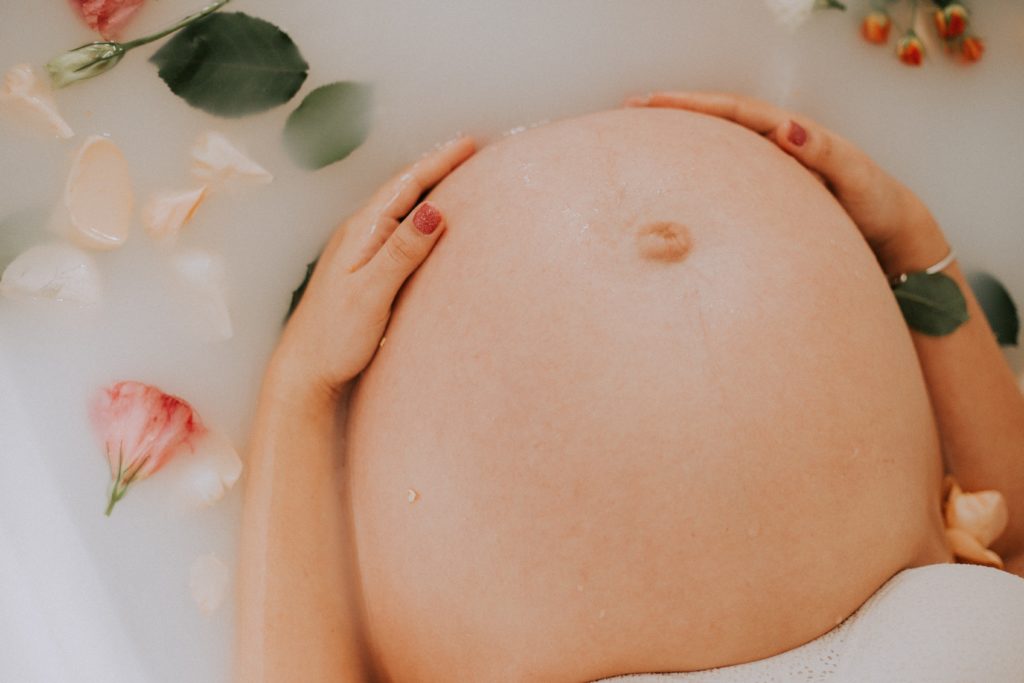A diagnosis of PCOS can feel like a blessing and a curse at the same time: it’s explains the symptoms you’ve been experiencing and is a starting point for understanding how you can begin to treat them, but it also confirms that your body is in the grip of a condition for which there is no real cure and with symptoms that can include depression, anxiety and fertility problems.
Dealing with PCOS can feel like an impossible task for many people, but the more you learn about the ways it affects your body the more you can fight back.

Causes
The very fundamental triggers of Polycystic Ovary Syndrome aren’t currently understood. Studies are ongoing, but what we do currently know is that it causes your body to begin producing too much insulin. This also cues your body to produce too much testosterone, and at the same time can lead to weight gain. As oestrogen is made in fat cells, the weight gain leads to an increased in the level of oestrogen your body produces.
It’s the effects and interactions of these three elevated hormone levels that cause the long list of symptoms that make up PCOS.
Fertility Issues

One of the major things people know about PCOS is that it can cause fertility problems. This isn’t just received wisdom, it’s a fact: PCOS and ovulation are tied together, and a case of Polycystic Ovary Syndrome can make it much more difficult to get pregnant.
This is because the hormones of PCOS interfere with the process by which your ovaries mature eggs to be ovulated. In brief, in the first half of each menstrual cycle your ovaries mature a small number of eggs in a small sacs called follicles. The biggest, healthiest egg is ovulated to be, potentially fertilised, while the others are reabsorbed by the body.
When you have PCOS, the hormonal disturbance mean those follicles remain in the ovary – they’re not ovulated as their meant to be because the disturbance of the syndrome prevents the hormonal signal from getting through. The follicles in the ovary are the ‘cysts’ in the name of the disease.
You can only get pregnant when fertile sperm meet a fertile egg – if you don’t ovulate, you miss a chance to get pregnant. If you ovulate rarely and unpredictably, you could still miss that opportunity.
Other Symptoms

PCOS also comes with a long list of other symptoms, some of which actually contribute to the condition. Weight gain, for example, is caused by that initial elevated insulin production, and is a cause of elevated oestrogen. It can also make it harder for you to control your insulin levels, leading to a negative feedback loop where the conditions keeps tightening its grip.
PCOS can also cause skin discolouration, hair loss, unwanted hair growth, oily skin and acne outbreaks, and, perhaps unsurprisingly elevated instances of depression and anxiety.
Fortunately, understanding how PCOS is caused, can start to give you some ideas of how you can treat it.

